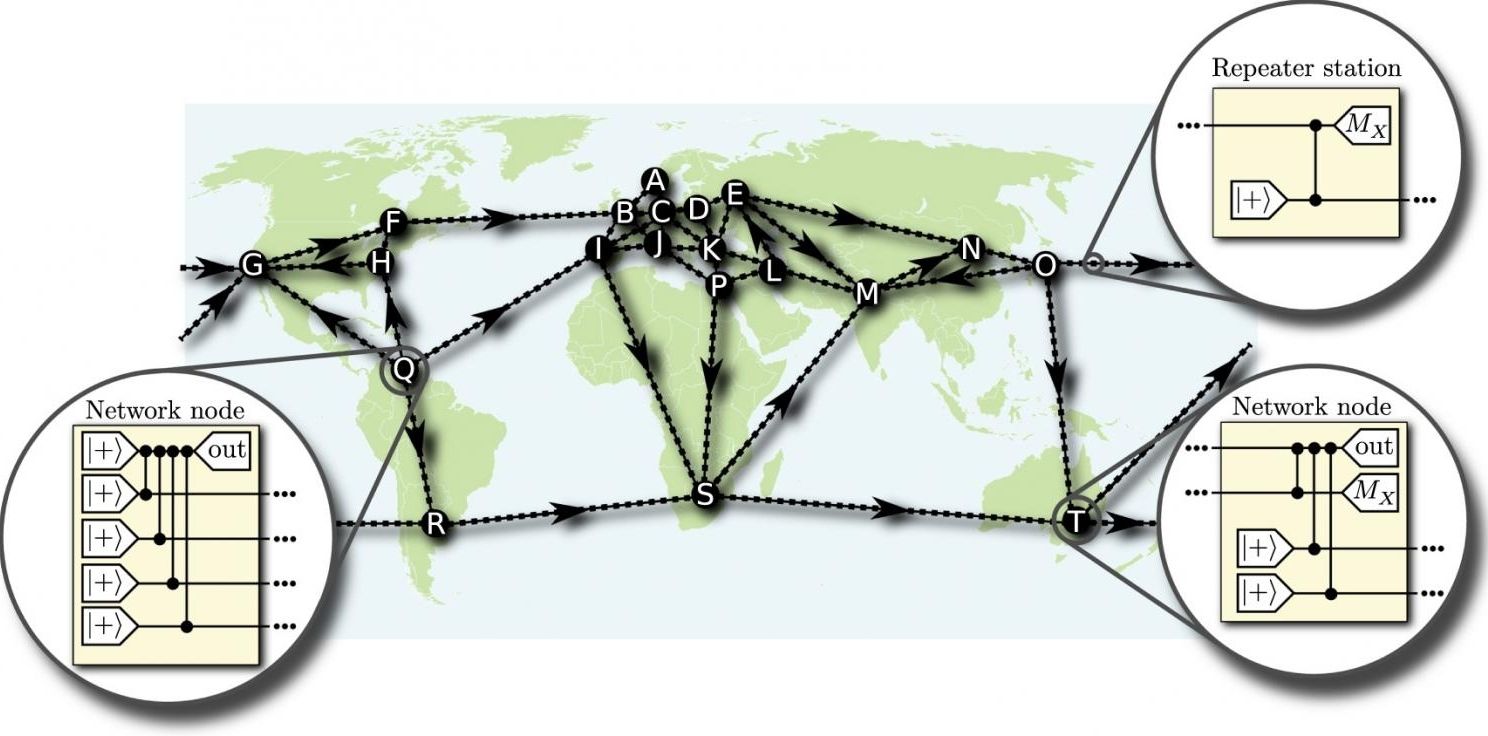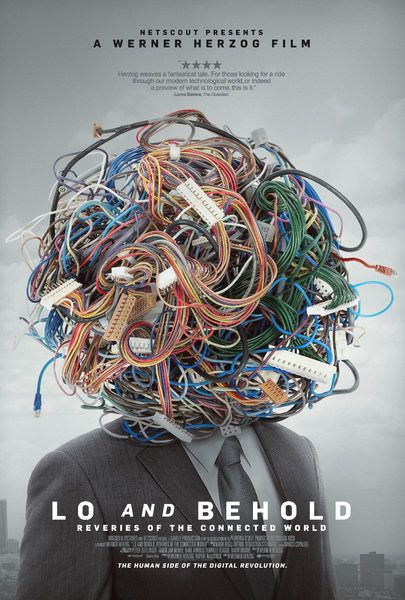Silicon Valley is trying a new approach in get new tech into the US government (states, counties, and cities/ towns) hands.
I think most of us can agree that the internet poses some unique and wide-scale risks to our privacy.
Our every move online can be — and often is — tracked. In the past, it might have been hard for companies or the government to know your interests, political leanings, religious affiliation or health problems. But they can glean all that and more by simply watching what you do on the internet.
With a few exceptions, the government has failed to meaningfully curtail the data collection or help consumers gain some real control or choice over it. And industry self-regulation has been a joke.









